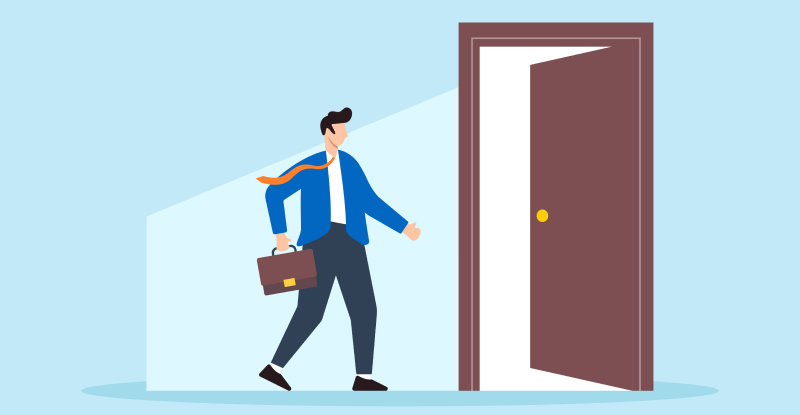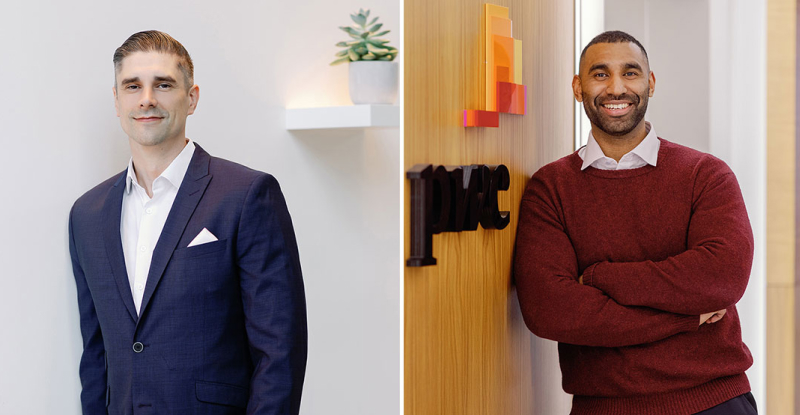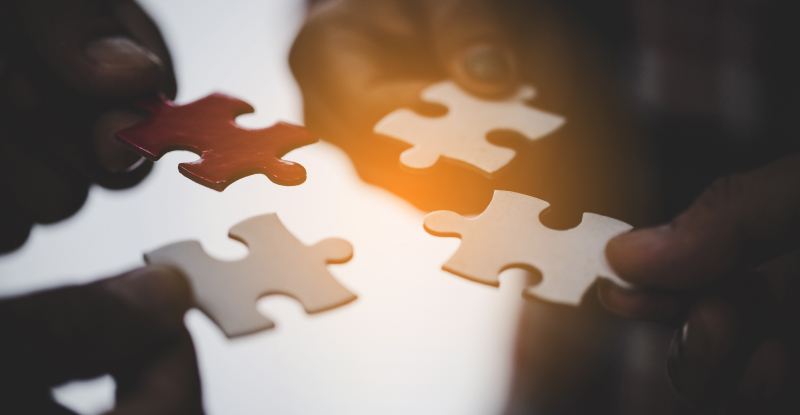
Listen to our podcast episode with Terry Small, and Leah Giesbrecht, communications specialist, CPABC. Part of our Coffee Chats with CPABC podcast series.
These are challenging, uncertain times. There are a lot of real reasons to be anxious and stressed.
Worry, fear, frustration, and anger cause high levels of stress hormones. These stimulants cause an increase in electrical activity in our brains. In turn, this causes the brain to generate an increase in thoughts, and they come at a higher rate. The result is often "brain fog," at a time when clear thinking is needed.
There are numerous ways to deal with stress. Some involve taking care of ourselves, such as exercise and looking after our mental health. Others include distracting ourselves: comfort food, reading, walking, watching TV, or meeting people in our “bubble” at a safe distance. All of these can help us cope with stress and anxiety, but there's one method that seems to stand out as especially effective.
That is: to make a difference in someone's life.
The University of BC did some interesting research on prosocial acts, which are acts of kindness that we do to benefit others, often helping, sharing, or comforting. Frances Chen and Yeeun Lee found that prosocial acts were effective in protecting our bodies and minds from stress. According to their research, acts of kindness can help us cope, boost our mood, decrease blood pressure, and help us live longer. Caring for others is a great stress regulator. It turns out that helping others helps us.
Here's what the researchers did: "In our lab we are researching how caring for a stranger helps people to regulate their own stress. We told participants the story of a stranger in need and asked them to write an encouraging letter to that person.
Participants spontaneously showed empathy, shared their own stories, and reminded the other person that they were valued. After writing the letter, participants saw their own problems as less overwhelming, and felt less stressed. Writing the letter seemed to increase participants' faith in humanity."
This study contains a powerful truth: It is more blessed to give than to receive. Opportunities abound. As Seneca once said, "Wherever there is a human being there is an opportunity for kindness."
So here’s how to take care of others. Start small by smiling at somebody. Phone someone who's struggling. Send an encouraging email, or even better, a hand-written letter. See where it goes from there. The list of course is endless.
Try to make helping others a daily habit. Kindness, like most things, is a habit. First we form habits, and then they form us. Remember, brains get good at what they repeatedly do.
Terry Small, B.Ed., M.A., is a master teacher and Canada's leading learning skills specialist. He is the author of the Brain Bulletin with over 34,000 subscribers worldwide.



